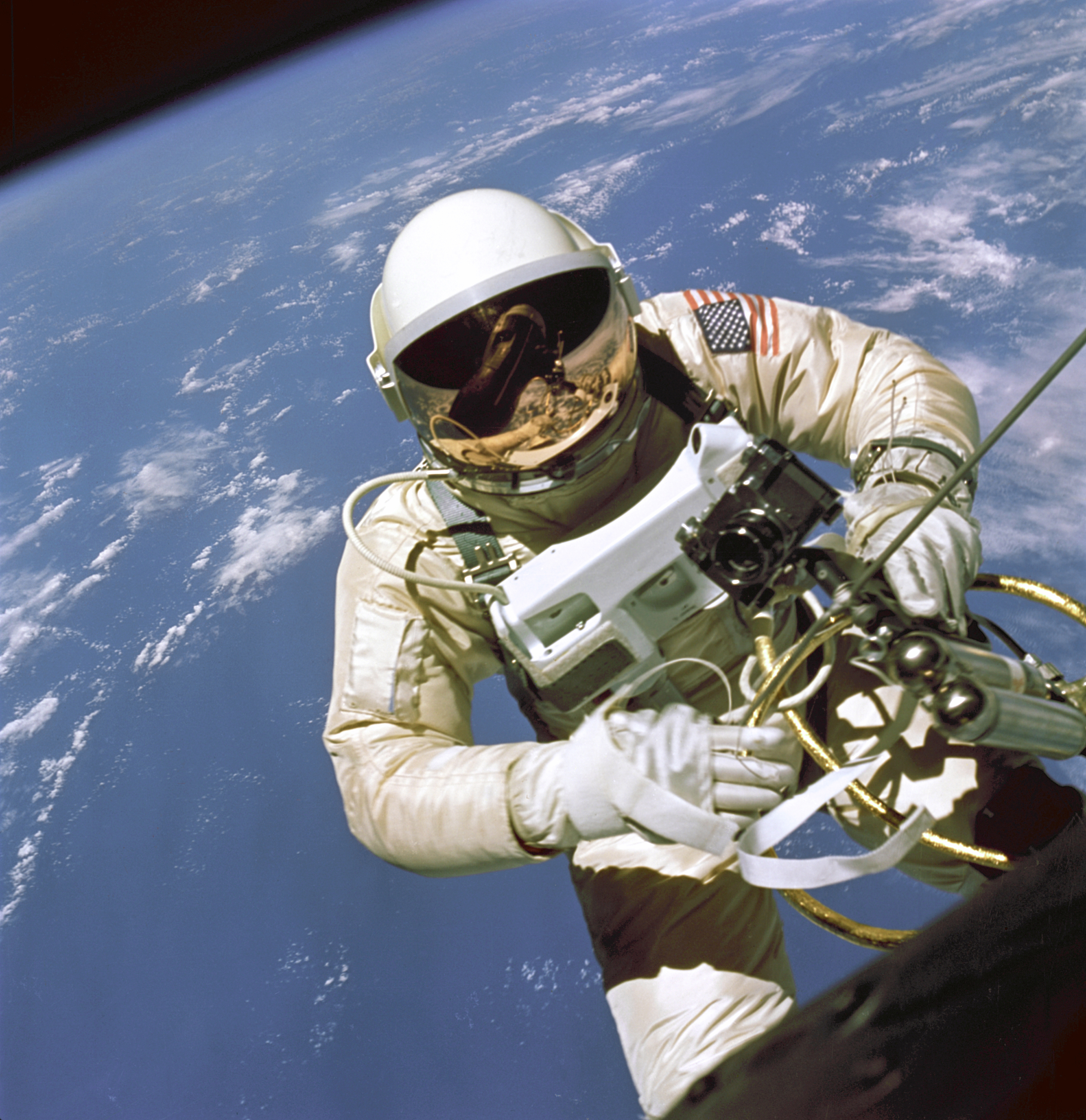Media Release
From: Springer NatureHealth impacts of historical exposure to space radiation reassessed
A statistical re-analysis of historical data on 301 astronauts and 117 cosmonauts suggests that historical doses of space radiation are not associated with an increased risk of death from cancer or cardiovascular disease. The findings are published in the journal Scientific Reports.
Astronauts and cosmonauts are exposed to unique forms of ionizing radiation that may carry potentially serious health risks. However, previous analyses have not produced conclusive evidence of a possible relationship between ionizing radiation and risk of death from cardiovascular disease and cancer.
Robert Reynolds and colleagues used statistical methods to reanalyse publicly available data on all NASA astronauts selected since 1959 and all Soviet or Russian cosmonauts selected since 1961 who had been to space at least once before the end of the follow-up period; July 2018 for astronauts and December 2017 for cosmonauts, respectively. The findings suggest that any cases of cardiovascular disease and cancer that occurred in the study population do not share a common underlying cause, and that the doses of space radiation these astronauts and cosmonauts were exposed to are not associated with a higher risk of death from either condition.
The authors caution that future missions of deep space exploration will likely be exposed to significantly higher doses of space radiation than historical ones, which may lead to different risk profiles for future astronauts and cosmonauts.


